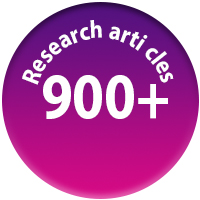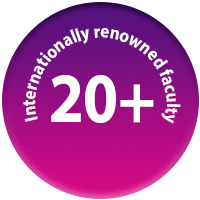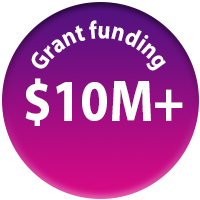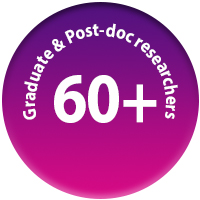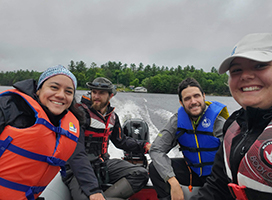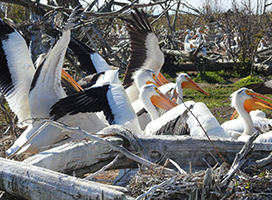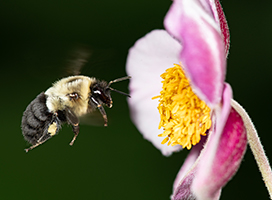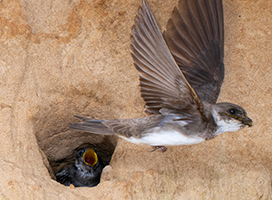Our Research
The Centre for Animals on the Move is a research-focused centre that focuses on ground-breaking research in the area of animal movement. Specifically, within the centre we have numerous strengths including quantitative and statistical methods, tracking and tracing techniques, and environmental analysis.
Our research is organized into four main research themes which span a breadth of topics, focal species, geographical regions, and methodological approaches.
Our diverse team of researches include undergraduate and post-graduate students, postodoctoral researchers, and technical staff. Their work is led by our internationally reknowned faculty who are successful at securing research funding to support our world-class research programme.
Current Project Highlights
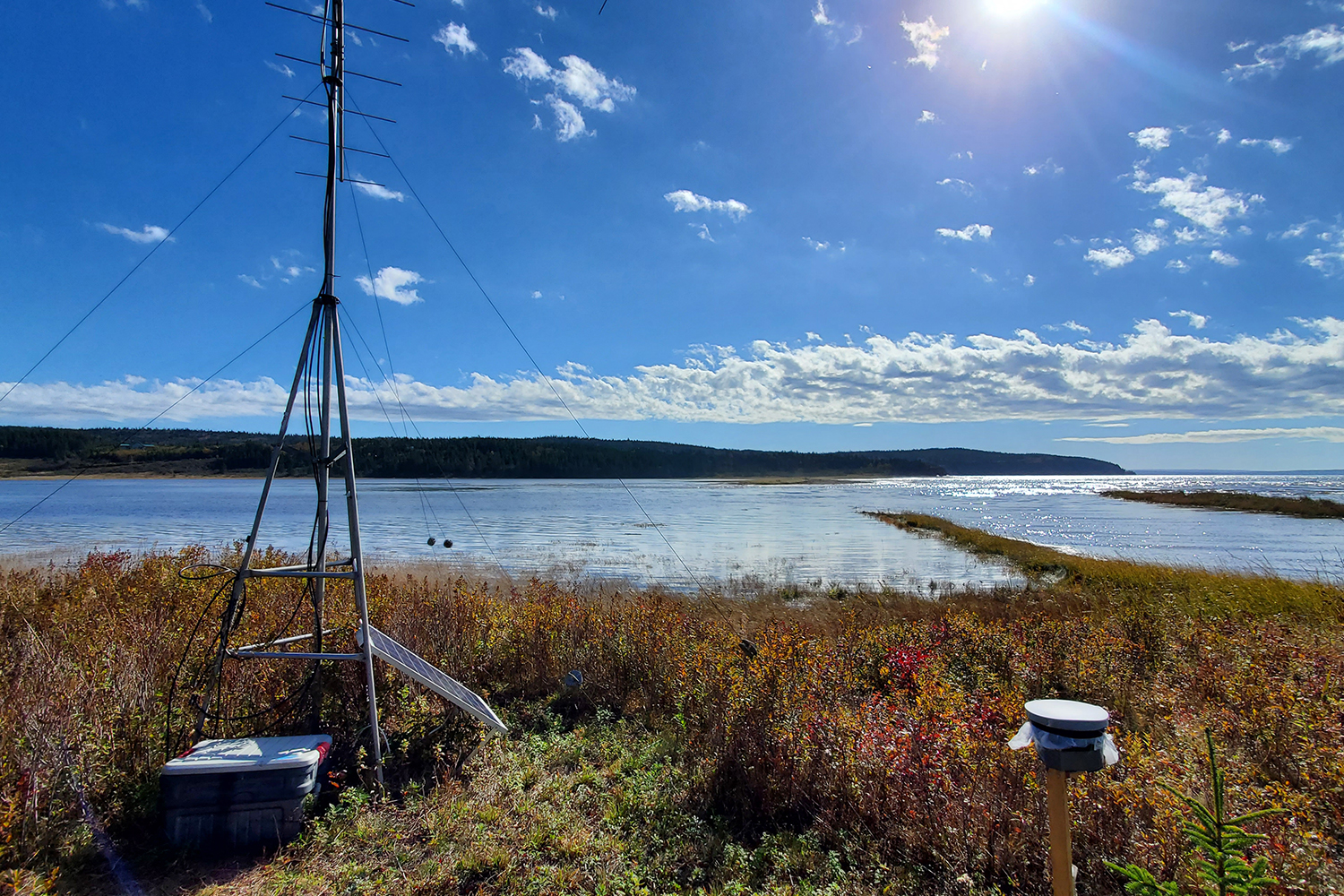
MOTUS Tracking System
The Motus Wildlife Tracking System (Motus) is an international collaborative research network that uses coordinated automated radio telemetry to facilitate research and education on the ecology and conservation of migratory animals. Motus is a program of Birds Canada in partnership with collaborating researchers and organizations. Currently, the MOTUS tracking system comprises over 1500 MOTUS towers spread across 34 different countries worldwide.
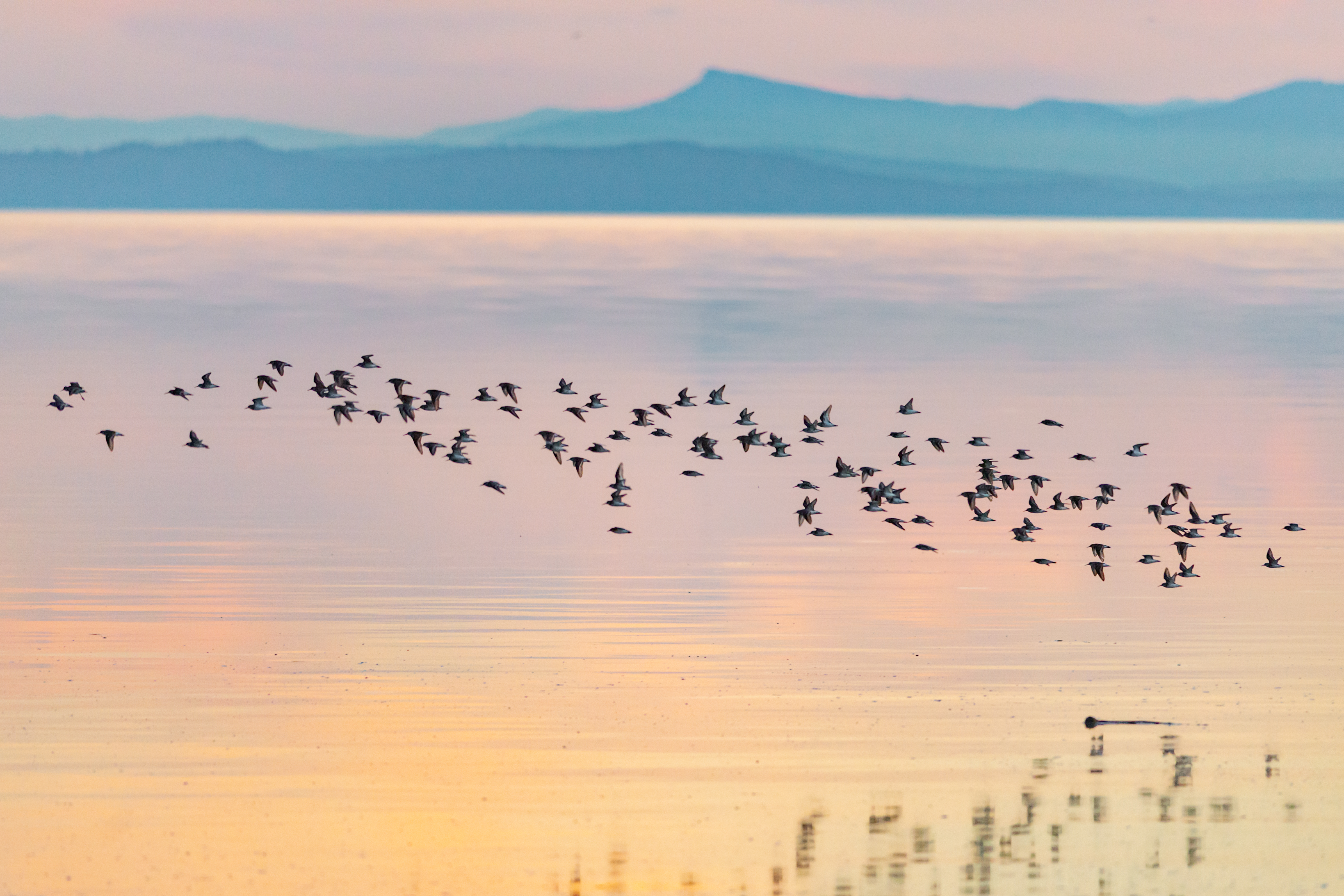
Western Skylark
The Western Skylark is a new project aimed at developing a cubesat mission that will be designed to work with the MOTUS tracking system, and also the ICARUS global tracking system. The Western Skylark will have two payloads that provide seperate support to MOTUS and ICARUS tracking systems. The MOTUS component will provide near-real-time transmission of data from configured MOTUS towers. The ICARUS component will recieve data directly from animals tagged with modern ICARUS tags. This is a highly collaborative project with the Western Space Institute.

